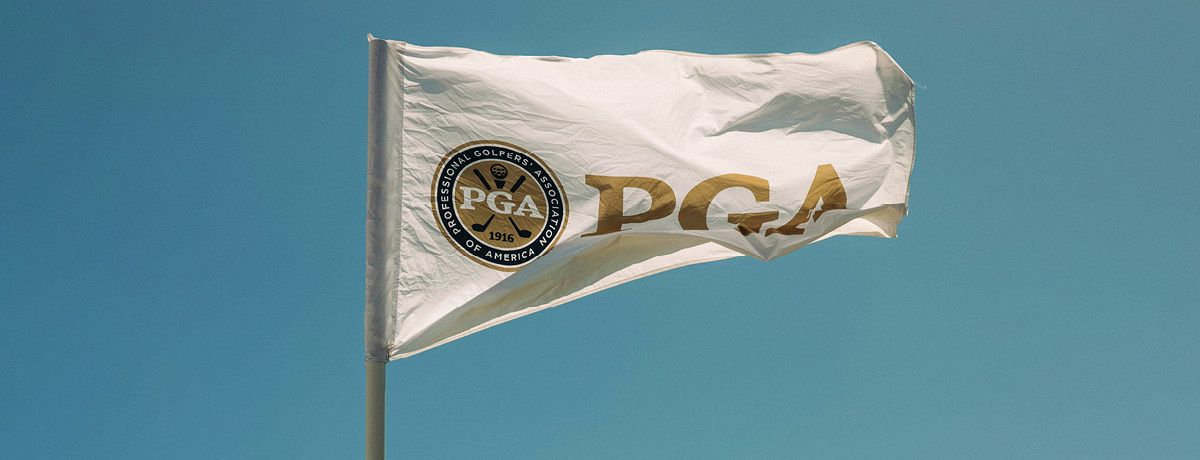Since its founding in 1929, the PGA tour has come to be synonymous with professional golf. But for perhaps the first time, a deep-pocketed challenger, LIV Golf, is competing for that trophy.
Backed by the vast resources of Saudi Arabia’s $600-billion-plus sovereign wealth fund, LIV has staged golf tournaments with record purses that have drawn more than a dozen big-name players. In response, the PGA sanctioned 17 golfers for taking part, suspending their PGA membership for an as-yet unspecified period.
Now, the U.S. Department of Justice has raised the stakes by opening an antitrust investigation into whether the PGA tour is engaged in anticompetitive behavior as it tries to fend off the LIV challenge.
The PGA perhaps takes comfort in an earlier four-year investigation of its competitive practices by the Federal Trade Commission, which ended in 1994 with no action being taken by the agency. But Chicago-based attorney Gerald Maatman, an antitrust specialist and partner in the firm Seyfarth Shaw LLP, says a lot has changed since then.
“I think unlike other previous probes, this one is going to be a bit more exacting and robust as compared with those in the past.”
He adds that fundamental changes in the market might also drive a different outcome. “The money and the market forces today are completely different than they were back then. Today, you’re talking about billions not millions of dollars. You’re talking about an international game and stakes that are much, much higher. The market that is going to be looked at today is very different than the market that existed back then.”
Maatman—who has been around the game for decades, as a one-time college and now amateur tournament player and former president and general counsel of his state golf association—thinks public opinion will ultimately count in this showdown.
“I’ve heard it said that the pressure is building for the parties to find a way to try to resolve their private disputes for the good of the game. The needle is moving, and I think it’s moving as a result of public opinion.”






























